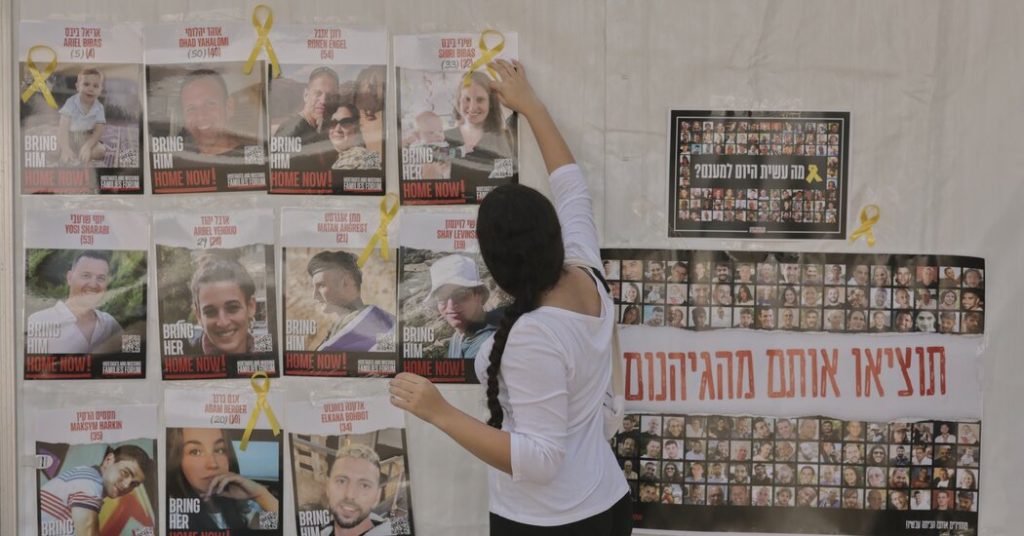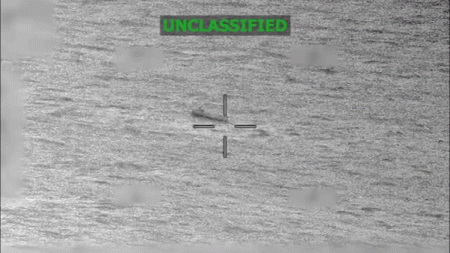Paragraph 1: The Ceasefire Agreement and Netanyahu’s Approval Process
Israeli Prime Minister Benjamin Netanyahu convened Israel’s political security cabinet on Friday to formally approve a ceasefire agreement with Hamas, aimed at ending the recent conflict in Gaza. The meeting, initially slated for Thursday, was postponed due to last-minute disagreements with Hamas and internal divisions within Netanyahu’s coalition government. The agreement includes the release of hostages held by Hamas and Palestinian prisoners held by Israel. The Israeli parliament is also expected to convene to ratify the deal, though a specific date has not been announced. Netanyahu emphasized Israel’s commitment to the return of all hostages, both living and deceased.
Paragraph 2: Internal Opposition and Coalition Dynamics
The proposed ceasefire faced significant opposition from within Netanyahu’s government. Itamar Ben-Gvir, the national security minister, threatened to resign and withdraw his party from the coalition if the deal was approved, arguing that it negated the gains of the war and left Hamas in control of Gaza. While this opposition posed a potential threat to the coalition’s stability, Netanyahu still commanded a parliamentary majority, even without Ben-Gvir’s support. Opposition lawmakers expressed their willingness to back the ceasefire, prioritizing the end of hostilities over political differences.
Paragraph 3: International Involvement and Timeline
International actors played a significant role in brokering the ceasefire. US Secretary of State Antony Blinken expressed confidence that the agreement would take effect as planned on Sunday. Outgoing US President Donald Trump, who had exerted pressure for a deal before leaving office, reiterated his demand for a swift resolution. The announcement of the ceasefire followed intensive diplomatic efforts, highlighting the international community’s concern over the escalating conflict.
Paragraph 4: Continued Violence Despite Ceasefire Announcement
Despite the announcement of a ceasefire, violence continued in Gaza. Gaza’s health ministry reported numerous Israeli attacks resulting in significant casualties after the deal was announced. The Palestinian Civil Defense also reported fatalities, though these figures could not be independently verified. The Israeli military confirmed striking targets in Gaza, claiming to have targeted Hamas and Islamic Jihad militants, their infrastructure, and weapons sites while taking precautions to minimize civilian harm. The situation in Gaza remained dire despite the impending ceasefire.
Paragraph 5: Biden’s Defense of Israel and Criticism of Netanyahu
In his final television interview as president, US President Biden defended his unwavering support for Israel during the conflict. He acknowledged the complexities of the negotiations and the political pressures faced by Netanyahu, particularly from the right wing. While Biden did not directly address accusations that Netanyahu intentionally delayed the ceasefire for political gain, he did criticize some of the prime minister’s actions as counterproductive.
Paragraph 6: Hostage Families and Criticism of Netanyahu
Families of hostages held by Hamas, along with other critics of Netanyahu, accused the prime minister of deliberately prolonging the conflict to bolster his political standing. They argued that he prioritized political considerations over the urgent need to secure the release of the captives. These accusations added another layer of complexity to the ceasefire negotiations and further highlighted the deep political divisions surrounding the conflict and its resolution.







